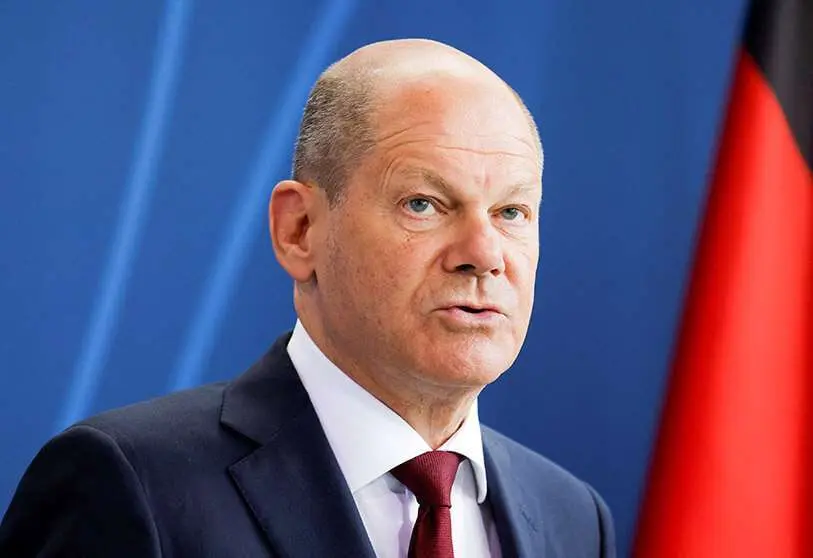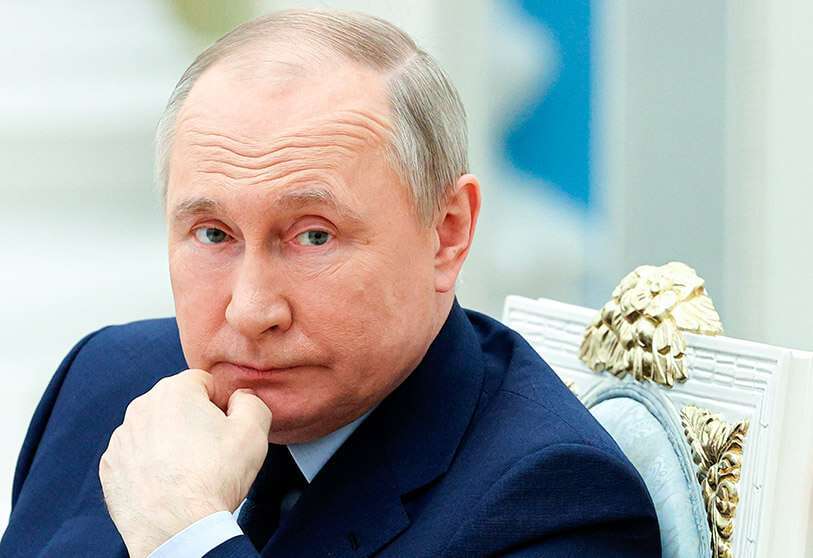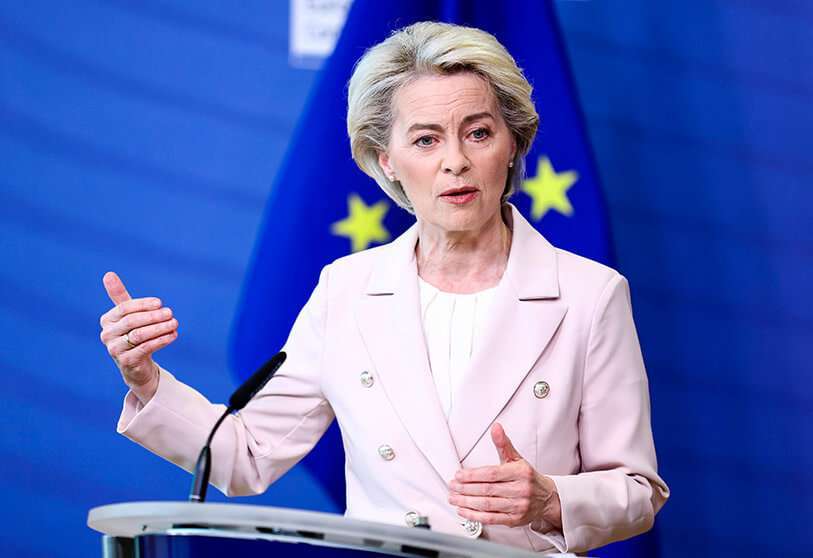Germany supports oil embargo on Russia

Europe's dependence on Russian oil could begin to be severely reduced. An EU embargo on Russian crude oil is one of the main proposals in the new sanctions package expected to be approved this week, which would be the sixth sanctions package since the Russian invasion began more than 60 days ago.
The significance of this new measure is that it now has the support of Berlin, a highly significant response for the EU given that Germany, the EU's largest economy, had been one of the most reluctant partners to the oil embargo. However, the cutting off of gas supplies to Poland and Bulgaria on the orders of Russian President Vladimir Putin in response to their refusal to pay in roubles is said to have changed Germany's mind.
The first time it was decided to directly harass Russian energy was with the measures of the fifth package. The negotiations showed the first cracks between the EU-27. Even so, the harassment measures managed to get through, partly because Germany agreed to a four-month moratorium so that it would have time to wean its thermal power plants off Russian coal.

Germany’s yes, however does not represent all European countries. Italy, Greece, Austria and Slovakia expressed their reluctance at a meeting last week. Fear of an exponential increase in prices, together with their high dependence on oil, are the main reasons behind the countries' opposition.
The same week in which these four countries expressed their refusal, Germany began to take its first steps towards a "yes" vote. In this line, the Minister of Economy and Climate, Robert Habeck, a member of the Greens, declared during his visit to Warsaw that the oil embargo was "manageable". A day later, Olaf Scholz's government spokesman had to clarify that the country could not do without Russian oil overnight, but "in a few months".
In addition to this, the Economy Minister assured that "there are still many open questions", although he would "not stand in the way" of an eventual embargo, as he would be in a position to "manage it". "All these measures we are taking require an enormous joint effort. An enormous cost on the part of the economy and consumers (...) but they are necessary if we don't want to be blackmailed by Russia", he told the Associated Press.

Hungary is also one of the countries most dependent on Russian oil, which is why they refused to boycott the oil market from Moscow from the outset. Thus, the European Commission is said to have offered Hungary "an exemption or a long transition period" in order to maintain the unity of this European measure and to be able to implement it.
At the time of Russia's invasion, Germany imported 35% of Russian oil, a percentage that has now been reduced to 12%, after some importing companies managed to reach agreements with other suppliers. The only gap that remains to be filled is that of the Schwedt refinery, which operates exclusively with Moscow crude and where, for the time being, there is no incentive to look for substitutes.
This aspect makes it difficult to avoid total dependence on Russian oil. So much so that the very pipe through which the oil reaches Germany has a Russian name, "Druzhba", which means friendship, and represents one of the longest and largest oil infrastructures in the world. According to Habeck, the government could take control of the refinery, as it has already done with the German subsidiary of the Russian gas company Gazprom.

Druzhba would also pass through the southern routes of Slovakia and Hungary, receiving 96% and 58% of its oil imports from Russia, according to the International Energy Agency.
The shift in the new German decision accelerates the process of approving this sixth package. In this sense, the European Commission, headed by Ursula Von der Leyen, intends to present in the shortest possible time a new draft of sanctions that will put even more pressure on Russia. The attack on Russian energy not only sends a political message but is also a direct blow to the Russian economy, as Russia's oil revenues are higher and have a greater impact on the state budget than gas. In 2021 alone Russia earned more than 110 billion from oil exports, twice as much as it would have earned through the gas market.

The fact that oil shipments are easier to reroute than natural gas, as it does not have to undergo the same shipping processes, facilitates its substitution and redirection to other European countries. Thus, in order to guarantee supplies to Europe, the United States could simultaneously increase sales of crude oil from its strategic reserves. In this way, Washington is already selling 1.3 million barrels per day from its Strategic Petroleum Reserve, an amount that could increase. China has also reportedly begun to release oil from its national reserves with the aim of easing oil prices.

The Middle East and Persian Gulf countries also play an important role in this area. In order to ensure the availability of barrels, Europe and the US could ask Middle Eastern countries to ease restrictions on the destination of their shipments and put pressure on China and India to redirect different quantities of oil to Europe.









